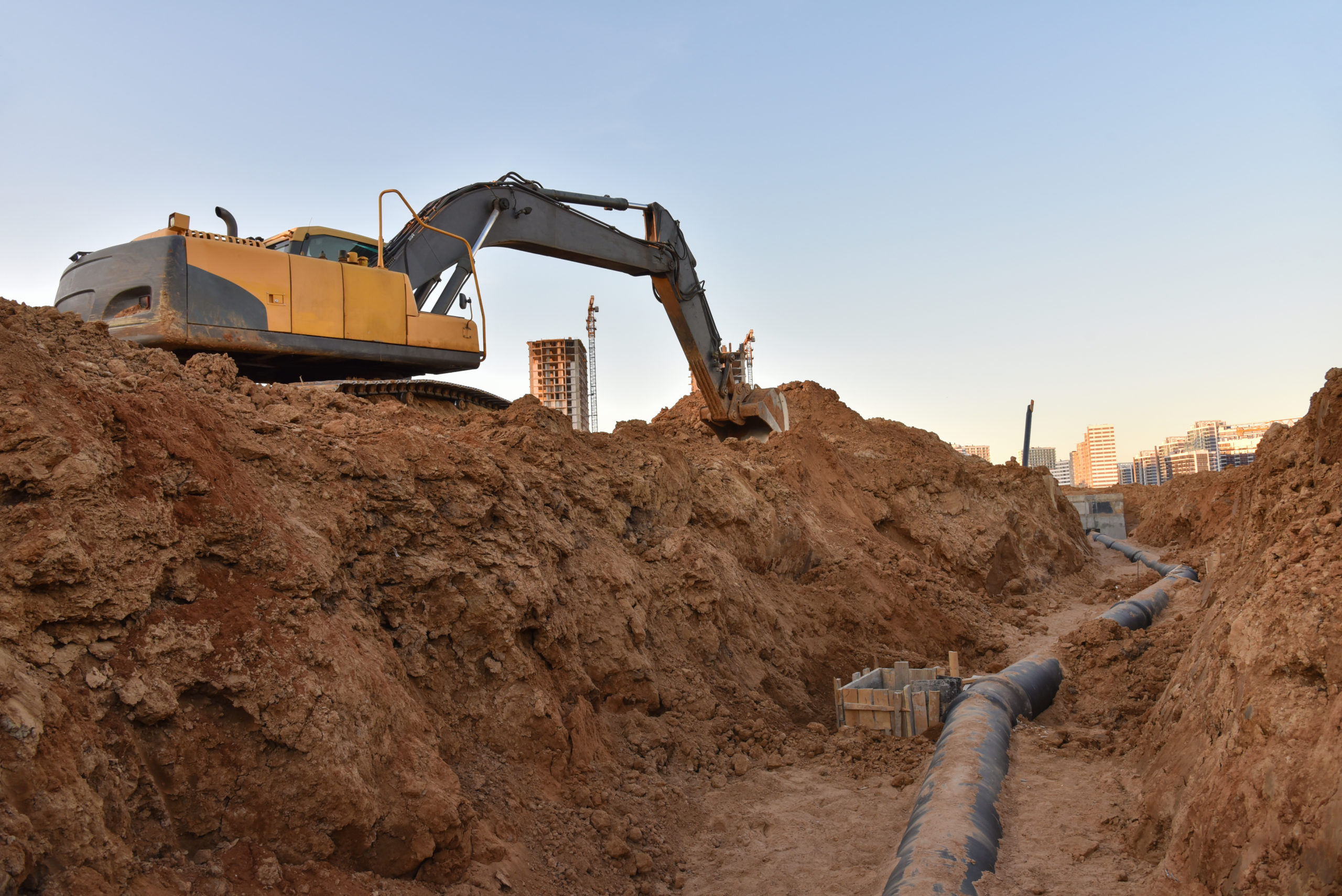The Federal Energy Regulatory Commission should reaffirm its existing Certificate Policy Statement, which has given the commission a “durable framework” to review applications to construct interstate natural gas pipeline facilities, the Interstate Natural Gas Association of America told FERC in extensive comments filed Wednesday.
Domestic consumers and industry have benefitted greatly from the timely addition of pipeline infrastructure under the Certificate Policy Statement, which has made it possible to capitalize on the United States’ newly accessible natural gas abundance. The ability to expand and modify natural gas pipeline infrastructure is critical to capitalizing on our domestic resources and reliably serving demand.
“The Certificate Policy Statement has achieved the Commission’s stated goals” of benefiting U.S. consumers and the economy, fostering competitive markets, protecting existing customers, and avoiding unnecessary environmental and community impacts, INGAA said in the comments. It added that the existing market-responsive certificate policy allows FERC to review and address interstate natural gas transportation facilities in a reasoned, consistent and predictable manner.
“The fundamental architecture of the Certificate Policy Statement is consistent with the [Natural Gas Act] and remains sound,” INGAA stated, urging FERC to avoid making wholesale policy changes that may prove problematic and ultimately harm domestic customers.
INGAA’s 108 pages of comments address all aspects of FERC’s notice of inquiry, issued in April, and the trade association makes several suggestions to improve not only the overall FERC review process but also landowner engagement. INGAA suggested that FERC could adopt many of its proposals to improve landowner engagement by revising its July 2015 Staff Best Practices guidance, and approving those revisions as part of a new policy statement.
INGAA members are committed to working cooperatively with landowners, as outlined in their recently reaffirmed and updated Commitments to Landowners, which explains more fully the pledges made by its members. “INGAA members have agreed to thousands of pipeline relocations and route changes during the project development process in an effort to minimize the use of eminent domain while also balancing landowner preferences with environmental resource, safety and constructability considerations,” INGAA said in the comments. INGAA also noted that pipeline certificates routinely include conditions designed to mitigate adverse impacts on affected landowners by addressing noise issues, esthetic concerns and the like.
INGAA stressed that precedent agreements – long-term transportation contracts between the pipeline and a prospective shipper – are the “best and most objective” demonstration of public need. These agreements represent substantial financial commitments between sophisticated parties who bear the financial risk associated with proposed projects under FERC’s policy.
“Proposed projects do not move forward unless prospective shippers contract for pipeline capacity, and shippers would not make such a commitment absent strong evidence of market need for additional natural gas in the market to be served by a proposed project,” INGAA said in the comments, available at ingaa.org/FERC1999.aspx.







